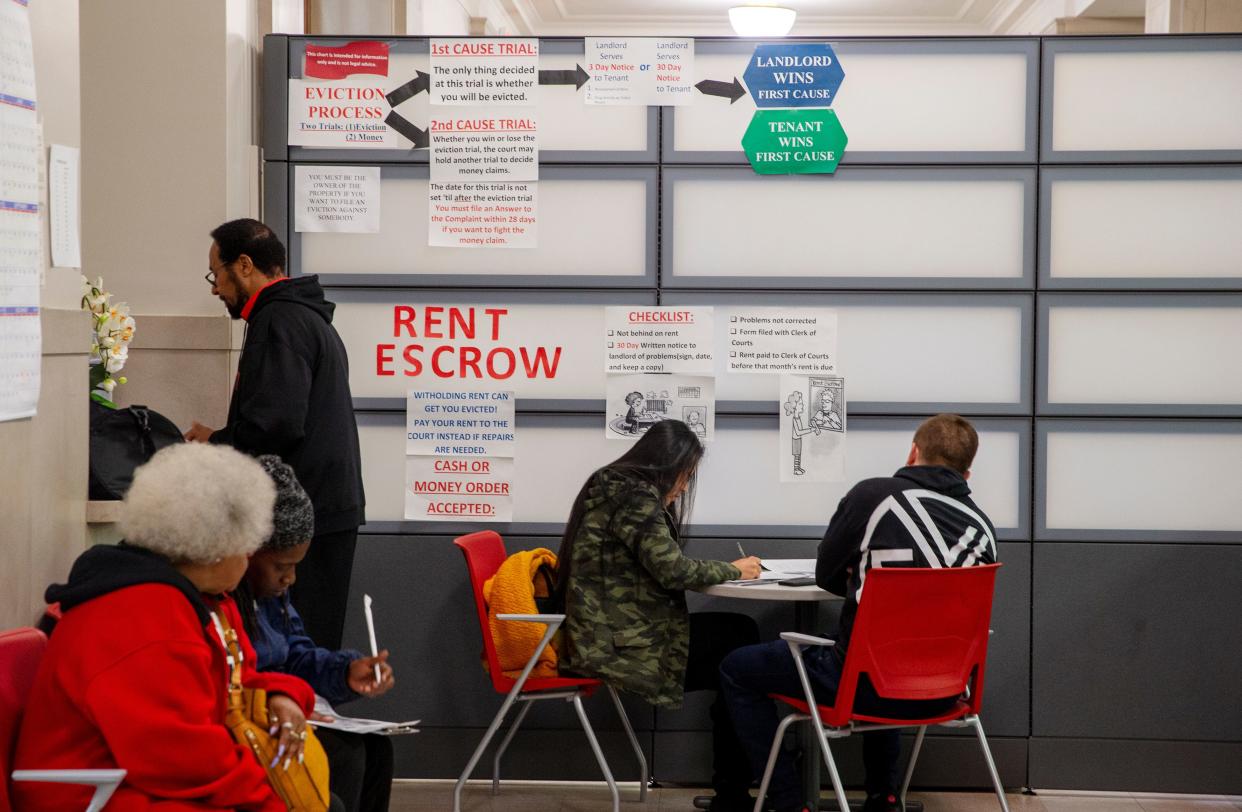Landlords still face difficult COVID-era restrictions | Opinion

Cincinnati attorneys who represent landlords continue to battle implacable COVID-era restrictions in wake of the pandemic. Since the end of the COVID-19 public health emergency, the world has quickly returned to a familiar place. Schools have reopened, restaurants serve at full capacity, and social gatherings are larger than ever before. In a way, it feels like the pandemic never happened. It remains a surreal fragment of our past, that was real until it wasn’t. However, many landlords are still facing legal battles regarding the law set forth in the CARES Act.
On May 11, the federal government declared the end of the public health emergency regarding COVID-19, which severed all regulations that were put into place to protect the general public. Despite this, a COVID-era regulation buried deep within the pages of the CARES Act continues to affect landlords and property owners across Cincinnati and the nation. Attorneys who represent tenants who fail to pay their rent or cause damage to their rental property are potentially able to extend their stay at the premises due to Congress’ poor execution of drafting a bill that quite literally altered the landscape of America’s laws.
The Coronavirus Aid, Relief, and Economic Security (CARES) Act was a $2 trillion bipartisan package of emergency assistance in response to COVID-19. Former President Donald Trump signed the bill into law on March 27, 2020. Within the CARES Act, a temporary moratorium was passed for a 120-day period effective immediately upon signing. The moratorium included specific language about the timespan of the provision. Unlike this provision, subsection (c) under Sec. 4024., is silent regarding the end of the change that a tenant must vacate after receiving notice from their landlord.
Before the CARES Act, Ohio law required only three days to vacate after the landlord provided the tenant with notice. Some lawyers argue that the CARES Act extended this law to 30 days without an expiration date.
Despite a few unequivocal benefits contained in the CARES Act, the absence of language that would provide an end-date to the 30-day notice to vacate provision was a negligent mistake. This error perpetuates hardship on landlords in our post-COVID society. Now, attorneys that represent landlords are advocating with their hands tied. There are only two plausible options: Wait for Congress to correct the language in the CARES Act; or, find a way around the federal law. Neither option is quite favorable to property owners.
The poorly drafted language of the CARES Act creates ramifications for landlords who are still facing the aftermath of COVID-era lockdowns and restrictions. Since the official end of COVID regulations, landlords continue to face uncertainty about the procedures of managing their properties. Tenants who are facing eviction can argue to stay in their rental for an extra month under this new interpretation. This usually results in further issues of nonpayment and excessive damages to the property. Since there is no sunset provision to the 30-day notice-to-vacate set forth in the CARES Act, it is likely that landlords will tread uncharted waters until Congress decides to properly explicate landlord responsibilities.
Landlords have suffered unrelenting economic losses from the pandemic. Because of COVID-era regulations, individual lessors lost out on thousands of dollars in revenue that will never be replaced. Unfortunately, unlike other industries, property owners do not have the luxury to move on because of CARES Act provisions. Even in our post-COVID world, landlords remain subject to legal battles regarding notices and evictions. We must call on Congress to resolve the ambiguity of the vacate notice language in the CARES Act. Until this issue is reconciled, COVID-era restrictions will reign dominion over our country in perpetuity.
Nick Roades lives in Mt. Washington and is a law student at Northern Kentucky University Chase College of Law.

This article originally appeared on Cincinnati Enquirer: Landlords still face difficult COVID-era restrictions | Opinion

